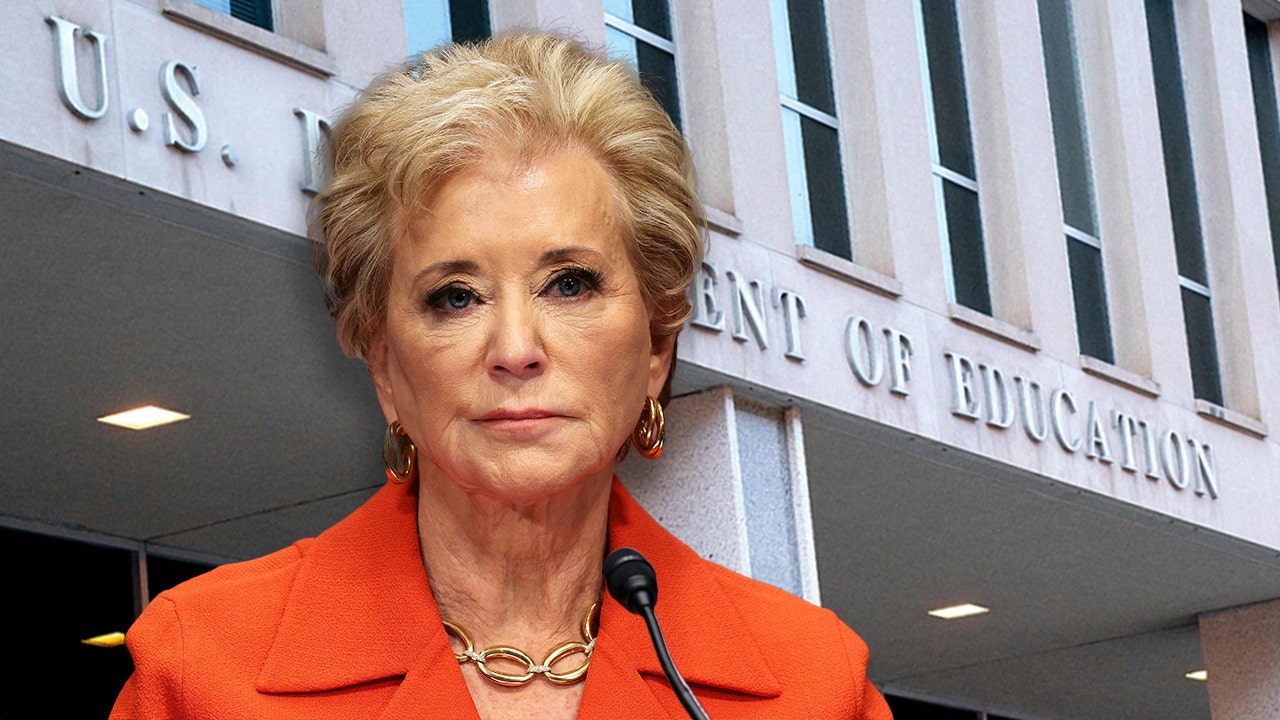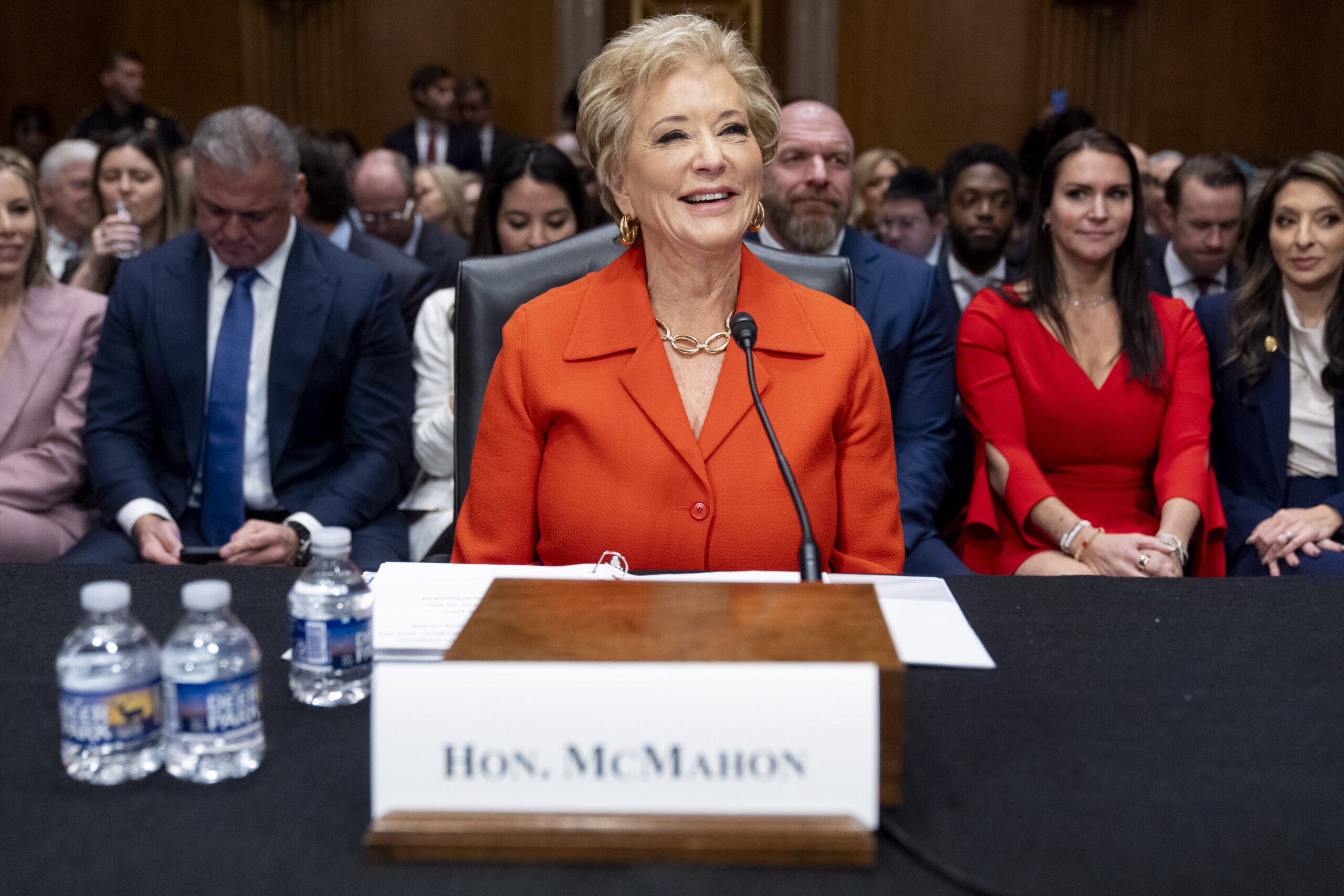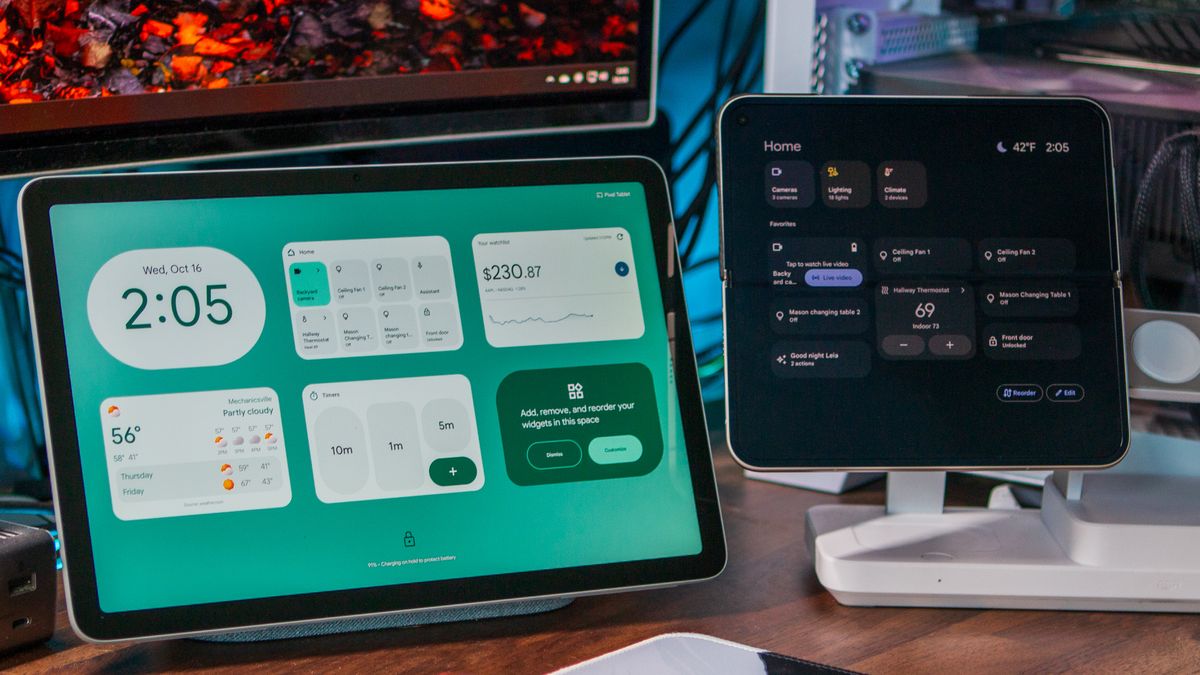US stocks slipped for a third successive day on Tuesday, erasing early gains after weaker than expected economic data heightened concerns about the health of the US economy.
The S&P 500 closed down 0.2 per cent, having risen as much as 0.5 per cent earlier in the day, while the Nasdaq Composite was flat.
Data on home sales and a closely watched survey of activity in the services sector disappointed. Annualised sales of newly built homes fell 12.6 per cent month on month in July, the US Department of Commerce reported. Analysts had anticipated a much smaller drop of 2.5 per cent.
The S&P’s service sector purchasing managers’ index, meanwhile, came in at a 27-month low of 44.1 in August, down from 47.3 the previous month. A reading below 50 indicates a reduction in business activity. The result suggests the decline worsened this month rather than easing as economists had predicted.
“August flash PMI data signalled further disconcerting signs for the health of the US private sector,” said Siân Jones, senior economist at S&P Global Market Intelligence. “Demand conditions were dampened again, sparked by the impact of interest rate hikes and strong inflationary pressures on customer spending, which weighed on activity.”
Expectations that Federal Reserve policymakers will take a hawkish stance at this week’s economic symposium in Jackson Hole, Wyoming, sent the dollar and short-term bond yields rising on Monday, but the moves were partially reversed on Tuesday.
The yield on the 2-year Treasury note, which is particularly sensitive to short-term policy expectations, slid in early trading before moderating to 3.30 per cent, a 0.04 percentage point decline. Lower yields reflect higher prices.
The weak data raised the prospect that the US central bank would be reluctant to push too aggressively with further rate rises, but Steve Englander, a strategist at Standard Chartered, said: “Chair [Jay] Powell is likely to state that the Fed will raise rates as far as it takes, and for as long as it takes.”
Minutes from the Fed’s July monetary policy meeting — at which it raised its main interest rate by 0.75 percentage points to a target range of 2.25 per cent to 2.5 per cent — showed that policymakers discussed keeping rates at levels that would restrict the US economy.
The dollar index, which tracks the greenback against a basket of peers, fell 0.5 per cent. The euro, which is by far the biggest weight in the index, rose 0.3 per cent to $0.997, having earlier traded as low as $0.9901.
Brent crude, the international oil benchmark, settled above $100 a barrel for the first time since the start of the month, rising 3.9 per cent to $100.22.





















Discussion about this post